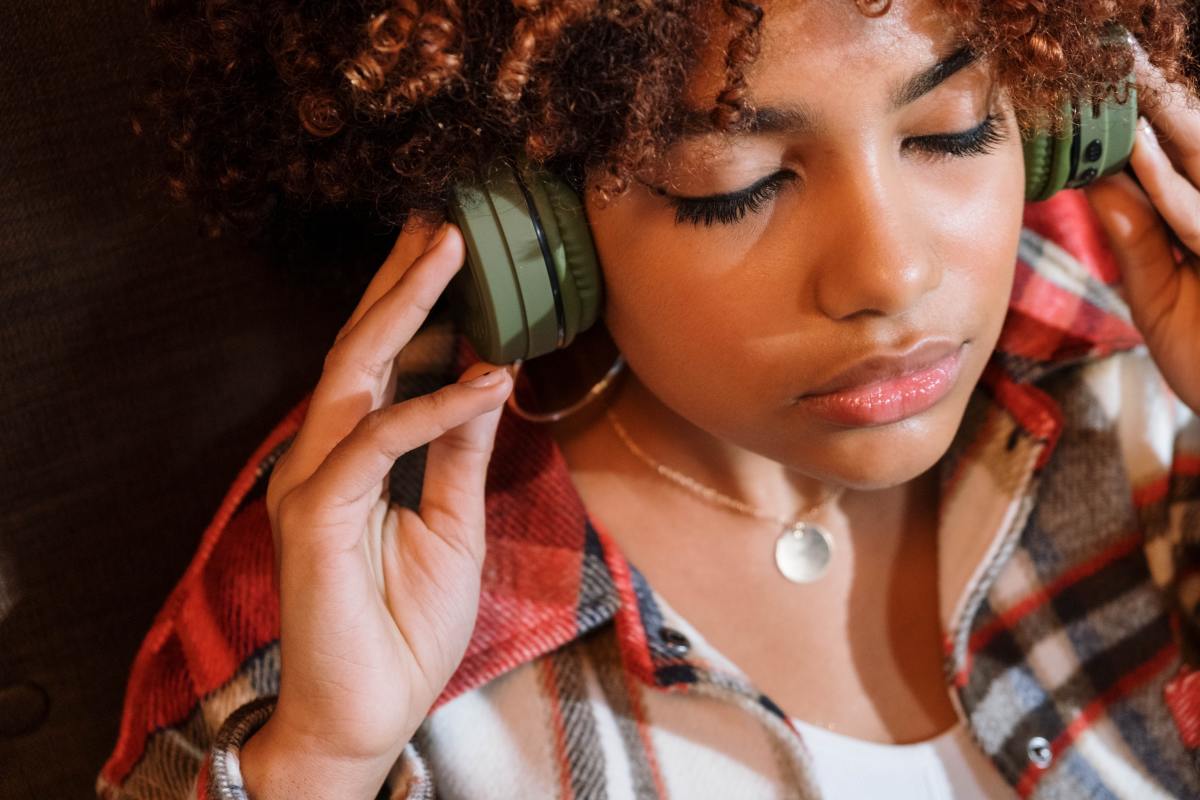
A concerted study is testing wearable technology that uses music to help people with alcohol use disorder manage stress and prevent relapse.
A group of scientists is exploring an innovative solution that uses personalized music and wearable tech to disrupt stress before it leads to relapse in people with alcohol use disorder (AUD).
Researchers from Washington State University, Arizona State University and the University of Southern California are testing "a new intervention" as part of a study involving music therapy to help manage stress, a primary trigger for relapse, according to WSU Insider.
Funded by the National Institutes of Health's Sound Health initiative, the study is leveraging wristbands with the ability to detect physiological signs of stress, such as heart rate and sweat production, to automatically play personalized music playlists designed to reduce tension. The research builds on prior findings that suggest these wearable devices can accurately predict stressful triggers.
"We want to take the next step and use those physiological signals to intervene and hopefully keep someone from seeking out alcohol to cope with stress," said Michael Cleveland, Professor at WSU's Department of Human Development.
In the first phase, volunteers will wear the wristbands for two weeks and manually log moments of stress, which will help confirm the device's accuracy. The second phase introduces the musical element by requiring each participant to curate a playlist that best resonates with them emotionally. When the wristbands detect rising stress levels, these playlists will be triggered to help ease the tension and stave off cravings.
Cleveland emphasizes that this intervention is not meant to replace traditional therapies, but rather complement them to provide an accessible, low-cost tool to manage stress. If successful, the research could unlock a powerful new way for individuals to manage AUD, bringing relief through the universal language of music.
"Music has been shown to have a helpful effect on reducing stress," Cleveland said. "Research shows that stress relief is increased when people choose the music themselves. You might think that instrumental or classical music works best, but people generally know what will work for them."
NIH is reportedly providing $1 million to cover the study's first phase for a period of two years. Pending positive results, a subsequent phase will trigger another three years and a $1.6 million funding round.